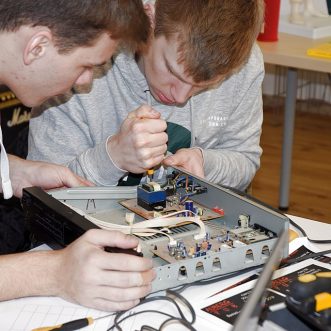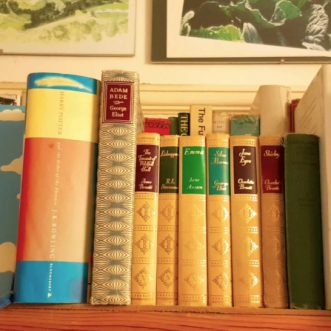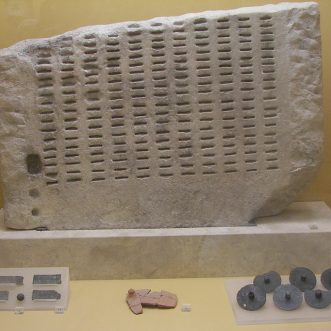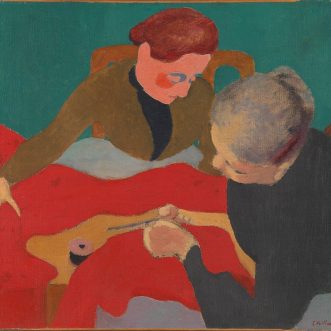
April fool
Tomorrow is April Fool’s day. A day when we expect to read, hear or see things that have been designed to take us in, to make us think that something false is true.
We know it’s coming on the 1st of April, so we turn on our ‘hoax’ antennae, we take things with a pinch of salt.
But a healthy scepticism is something we need all year round. More than ever now that AI can synthesise information from everything that’s out there in a convincing format, and an image like that above can be created digitally.
Healthy scepticism, not a blanket disbelief, just the willingness to question what we are told a little more deeply, to seek corroboration from trusted sources and our own experience, our own sense of what is likely.
Here’s a lovely tip I picked up from Elaine Morgan’s “The Descent of Woman“:
Whenever you are presented with some generalisation about what all or some human beings are like, change whatever collective noun is being used – ‘Households‘, ‘Teenagers‘, ‘Single mums‘, ‘Men‘ for a role or individual you are familiar with: ‘Our street‘, ‘My neighbour’s daughter‘, ‘My sister Julie‘, ‘My football team‘.
Then see how likely the generalisation feels.
And another lovely one from Kelly Diels:
“Who gets off the hook if this is true?“
Or the age-old one:
“Who benefits?“
Whatever makes you pause to think before swallowing is good.
Enjoy April Fool’s day. Even if you do get taken in. For what it’s worth, I’ve always thought it’s better to be the one who trusts, than the one who sets out to deceive.








